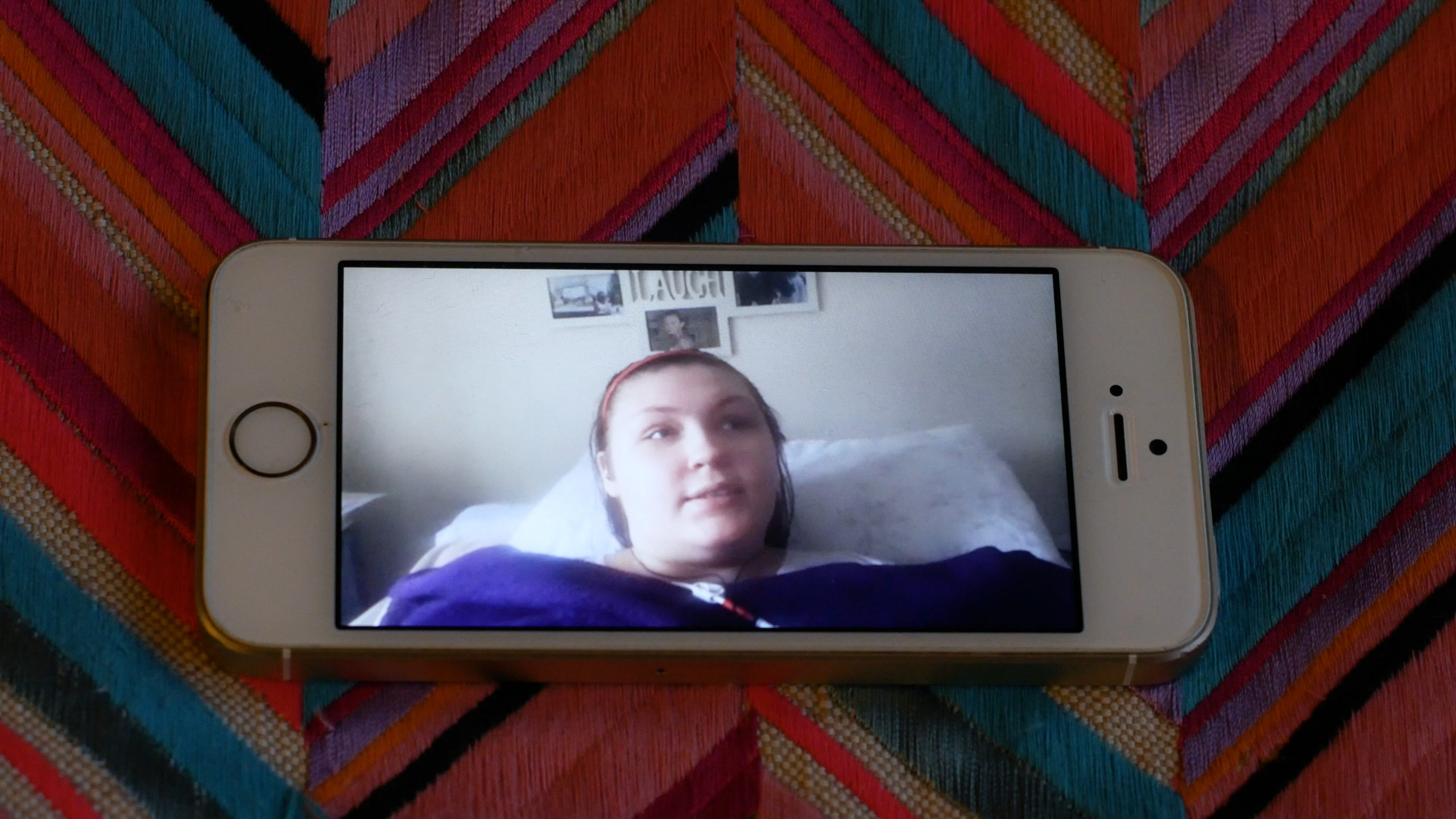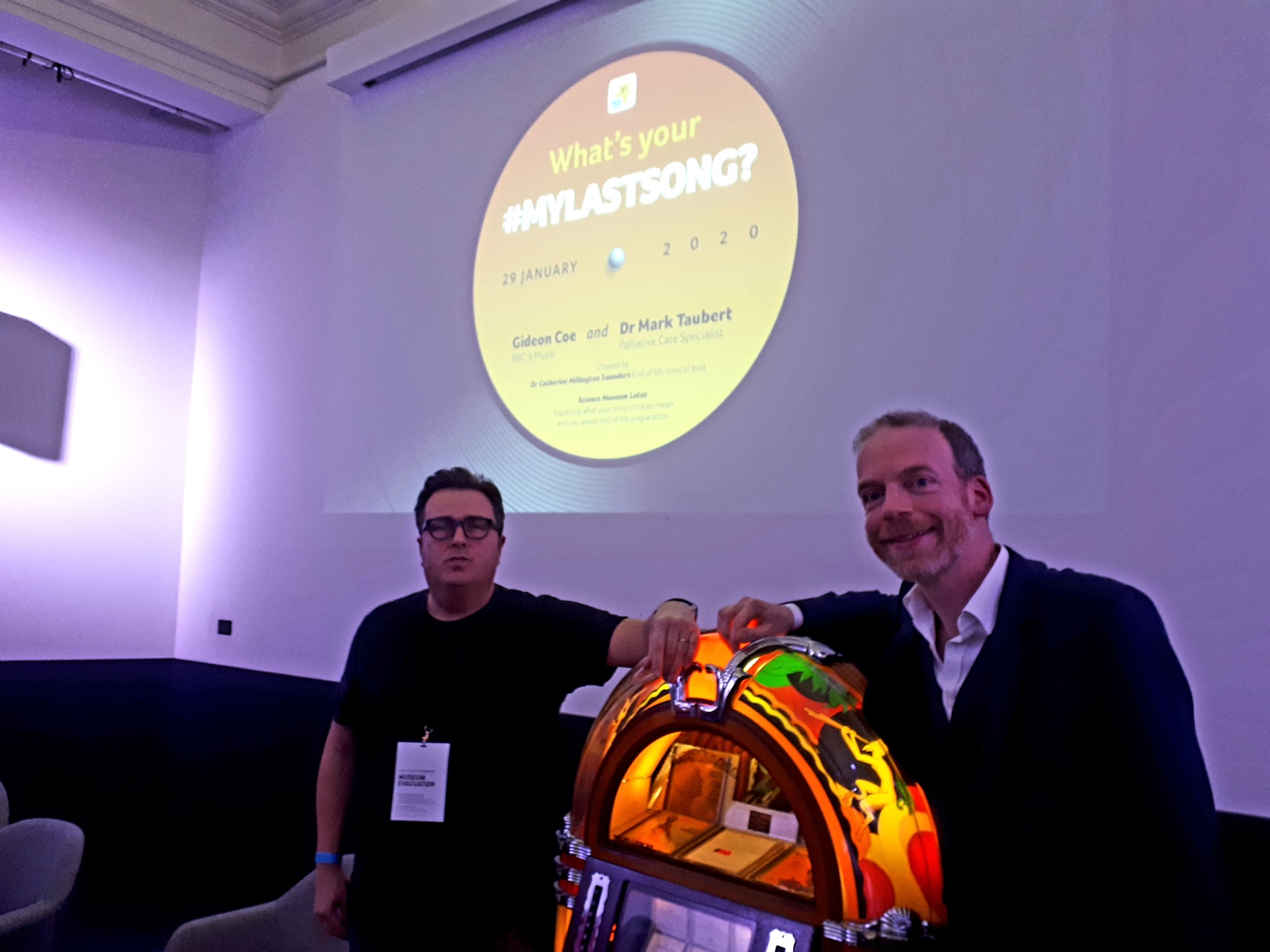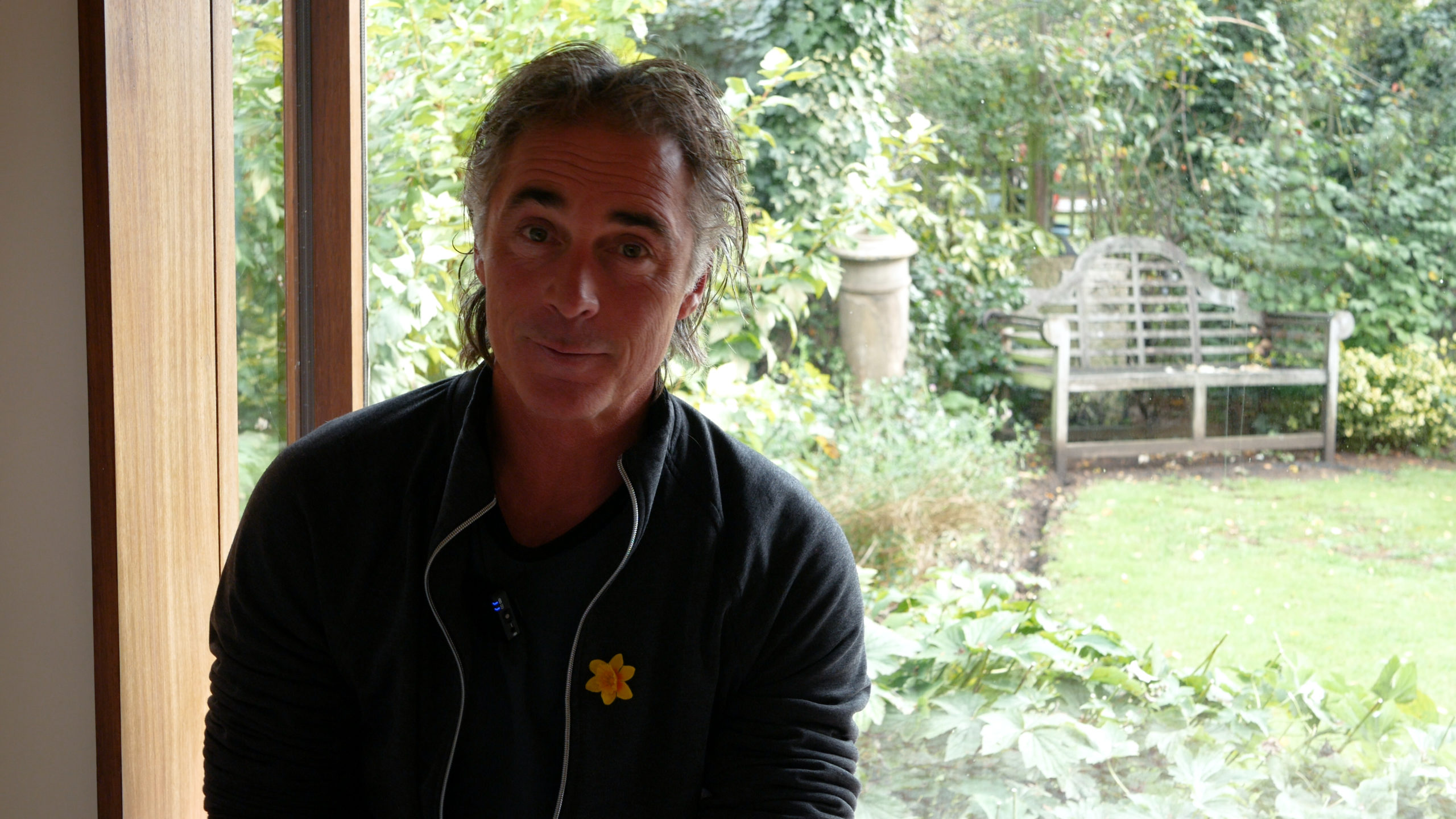News
Experts from leading charities and health bodies in Wales and across the UK have launched a new charter to support better conversations between people and their loved ones on the topic of living at the end of our lives. It is hoped that this will encourage people to have open discussions, whatever stage they are at in life, to guide their care at the end of life.

The new What Matters Most Charter aims to change the nature of care planning. It forms part of a national movement to make sure that care is better focussed around supporting what makes life good for the individual, rather than what helps meet targets, system priorities, or which overly focuses on medical treatment options or the location where someone wants to die.
Professor Mark Taubert, a member of the think tank, is a Palliative Care Consultant and Clinical Director for Palliative Medicine at Velindre University NHS Trust, and strategic lead for advance care planning in Wales. He said: “Establishing what matters most to people is desperately important, and probably not done sufficiently in healthcare today. Planning ahead isn’t just about care preferences, it’s about making the most of life. It’s also not just a hurried conversation in a moment of crisis, but a series of life-affirming discussions.
“By being clear about the things that matter most, we give ourselves a better chance of ensuring that our wishes are respected and grieving loved ones aren’t left feeling unsure about what the person would have wanted. It’s often the simplest things that are most important, like having a pet to cuddle, listening to favourite music, holding hands, or watching the world outside the window. That’s why we’re encouraging everybody, young and old, healthy or not, to start their ‘What Matters to Me’ conversations. We want this to become a habit that everyone does throughout life, a social movement that we all join in and support.”

The Charter alongside two new powerful films argues for a better approach to planning ahead and What Matters Conversations. Both have been developed at a time of heightened concern around urgent care planning during the pandemic and a commitment to improve learning.
Prof. Taubert said: “Having ‘What Matters to Me’ conversations over time will help throughout life, and particularly when it is time to think about how someone wants to spend their last days and weeks of life. This should make it simpler to discuss what matters most with a doctor or nurse if we’re ill, or to represent a family member or friend’s priorities if they can’t speak for themselves. Ultimately, we want to ensure that many more people in Wales have the chance to make the most of whatever time remains, while families are better prepared for a future without their loved one.
“In Wales, the government’s Compassionate Cymru approach has been initiated in order to enable a well-informed population to access resources and information to support their wishes, be proactive and allow local communities to take over in creative, more imaginative ways.
Leading figures, charities and health bodies are calling on all governments and organisations across the UK to adopt the ‘What Matters Most Charter’. At the same time, the group is encouraging professionals and the public to watch the supporting films, which show inspirational stories to spark conversations, as well as share the idea “what matters most to you”.
The What Matters Most Charter includes key principles for health and social care professionals and organisations to consider. It contains key questions for the public to help plan ahead while they are well and develop further as they age, or if living with a life-limiting illness.
Actor and producer Greg Wise, a Marie Curie Ambassador, and one of the film’s contributors, is passionate about trying to get people to talk more openly about dying and death, having been a live-in carer to his sister, Clare, who was dying from cancer. He said: “What matters most to me conversations can take place in different settings, it could be around the dinner table, in the pub, anywhere that works for you – and when the time feels right, it’s having a conversation about the greatest life changing moment. Make sure your loved ones know what’s important to you, before the moment is lost. I would encourage everyone to watch the film and start to share what matters most to you.”

Kathryn Mannix, a member of the UK wide expert group, author and former consultant in palliative medicine, said:
“As the ongoing COVID-19 pandemic is showing so brutally, if you do not tell those around you ‘What Matters to You’, the moment may be lost. You could end up being somewhere you do not want to be and without the people and things around that are important to you. Bereaved relatives may be left feeling distressed or guilty because they didn’t know your wishes when medical decisions needed to be made.”
“There is an urgent need to de-medicalise end of life conversations. We need to move beyond the idea of advance care planning discussions, recording of preferences or knowing what treatment people don’t want towards the end of life. This approach doesn’t help us to wrap care around an individual in a way that matches what they do want. It is time to change the conversation.”
“As professionals we can also encourage our patients to have or share their life-affirming, life-long conversations, so that we can better support them throughout their life.”
Prof Taubert contributed to the films and is a member of the UK wide expert group, chaired by GP Dr Catherine Millington-Sanders, RCGP / Marie Curie National Clinical End of Life Care Champion and Dr Adrian Tookman, Medical Director, Marie Curie Hospice Hampstead.
The group continues to grow and includes representatives from Age UK, the Association for Palliative Medicine of Great Britain and Ireland, Compassionate Communities UK, Cruse Bereavement, Hospice UK, Macmillan Cancer Support, Marie Curie, Pride in Pennine, Sudden, The Royal College of Nursing, The Royal College of GPs, ADASS, Together for Short Lives, National Bereavement Alliance, and The University of Manchester.
The UK expert group is urging the public to have life-long conversations about what is important for life to feel enjoyable and worthwhile.
For further information about the Charter and to watch the films visit whatmattersconversations.org.
Ends